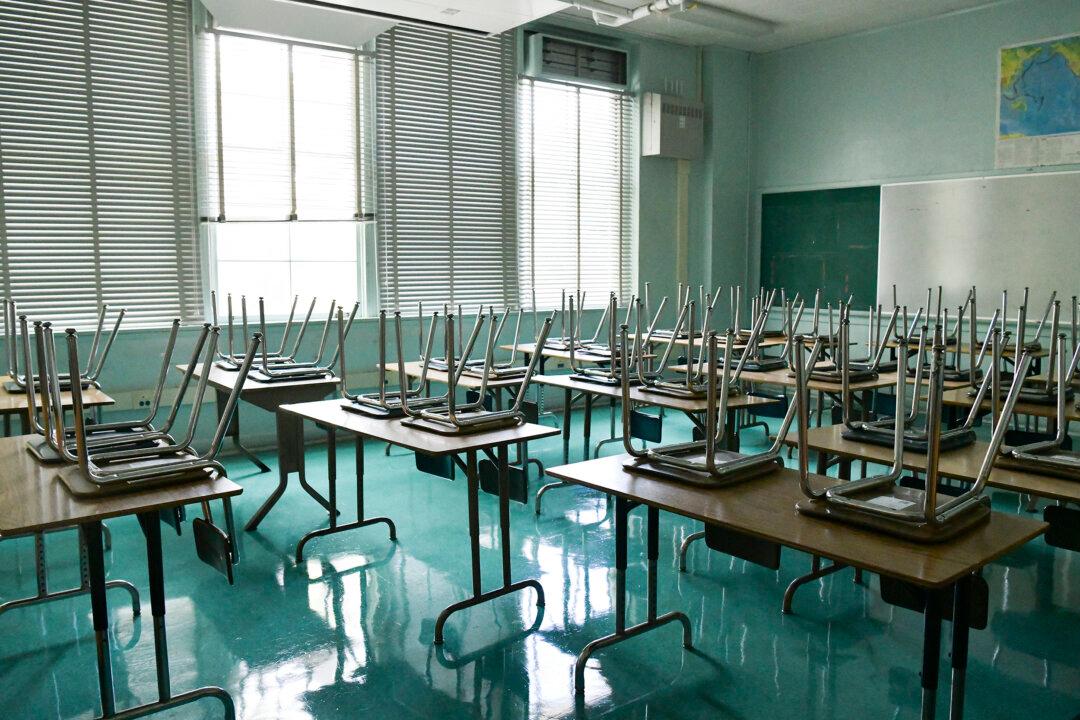Commentary
Single mom Shinara Morrison discovered homeschooling by accident. When public schools closed during the COVID-19 pandemic, she found herself taking the lead on her child’s education to fill the gap.

Single mom Shinara Morrison discovered homeschooling by accident. When public schools closed during the COVID-19 pandemic, she found herself taking the lead on her child’s education to fill the gap.